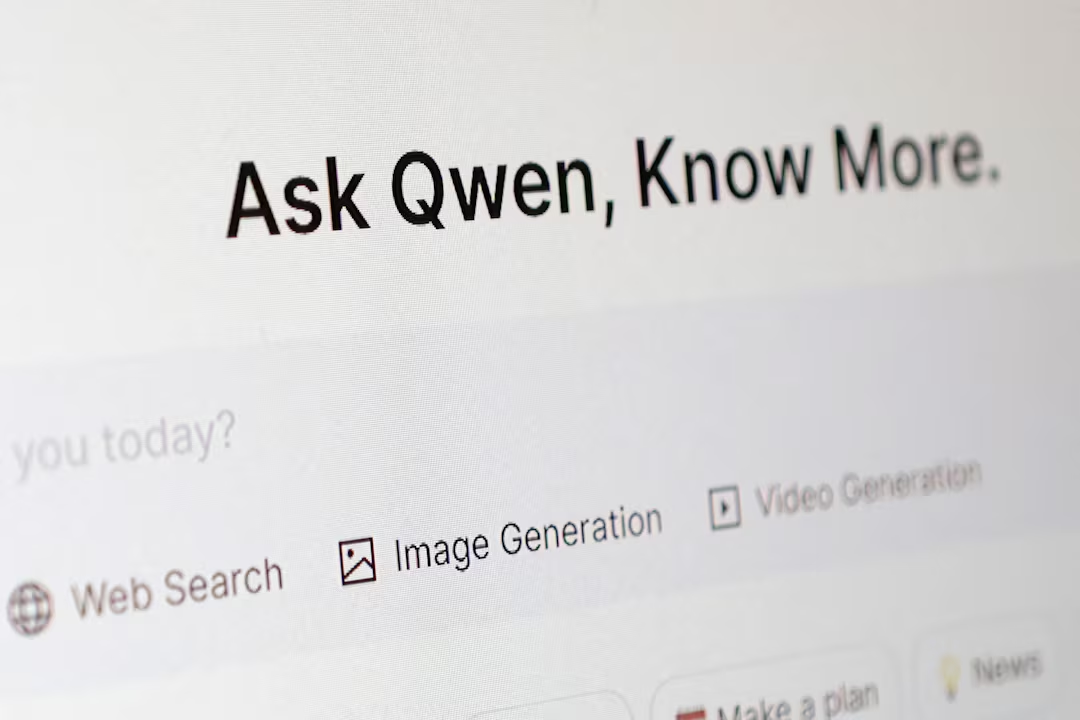Language Evolution Driven by AI
The rapid rise of ChatGPT, which amassed 100 million users within two months of its launch, is not just a technological marvel; it is a linguistic phenomenon reshaping how we communicate. An analysis of over 700,000 hours of videos and podcasts reveals that common language is being infiltrated by words favored by this AI tool, such as "delve" and "meticulous." This shift raises profound questions about the impact of artificial intelligence on our everyday conversations and the cultural narratives we construct.
Research Unveils Profound Changes
According to a recent study led by Hiromu Yakura at the Max Planck Institute for Human Development, the usage of vocabulary influenced by ChatGPT has surged significantly since its introduction. The researchers, in their paper titled "Empirical Evidence of Large Language Model’s Influence on Human Spoken Communication", analyzed data from YouTube and podcasts to track the integration of what they termed "GPT words" into spontaneous dialogue. This is not merely an amusing trend; it indicates a cultural feedback loop where AI influences human language, which in turn continually refines AI.

@maxplanckpress"s video Tweet
Cultural Authority of AI
The implications are far-reaching. As humans increasingly interact with AI as a cultural authority, the risk of homogenizing language becomes glaring. As noted by Levin Brinkmann, a co-author of the study, there is a danger that we may unconsciously favor AI-generated vocabulary over diverse linguistic expressions. This trend could stifle the richness of language, reducing our ability to engage with varied perspectives and ideas.
Imitation and Knowledge Perception
Humans are inherently social beings who tend to imitate those they perceive as knowledgeable. As AI systems like ChatGPT become more integrated into our lives, the words and phrases they popularize may overshadow traditional language use. This phenomenon could lead to a narrow band of discourse, where the lexicon of a machine becomes the standard, sidelining the diversity found in human expression. This is particularly concerning in a landscape where digital rights and privacy protections are already under siege.

Huawei"s AI lab denies that one of its Pangu models copied ...
Future Linguistic Trends and Tech Regulation
The transition from human-driven language evolution to AI-driven shifts necessitates urgent discussions about regulation and oversight of technology. As researchers like James Evans from the University of Chicago emphasize, monitoring word distribution and linguistic changes is crucial in understanding AI"s impact on society. Policymakers must prioritize regulations that protect linguistic diversity and ensure that technology serves to enhance rather than diminish our cultural discourse.







![[Video] Gunfire between Iraqi security forces and Sadr militias in Baghdad](/_next/image?url=%2Fapi%2Fimage%2Fthumbnails%2Fthumbnail-1768343508874-4redb-thumbnail.jpg&w=3840&q=75)
